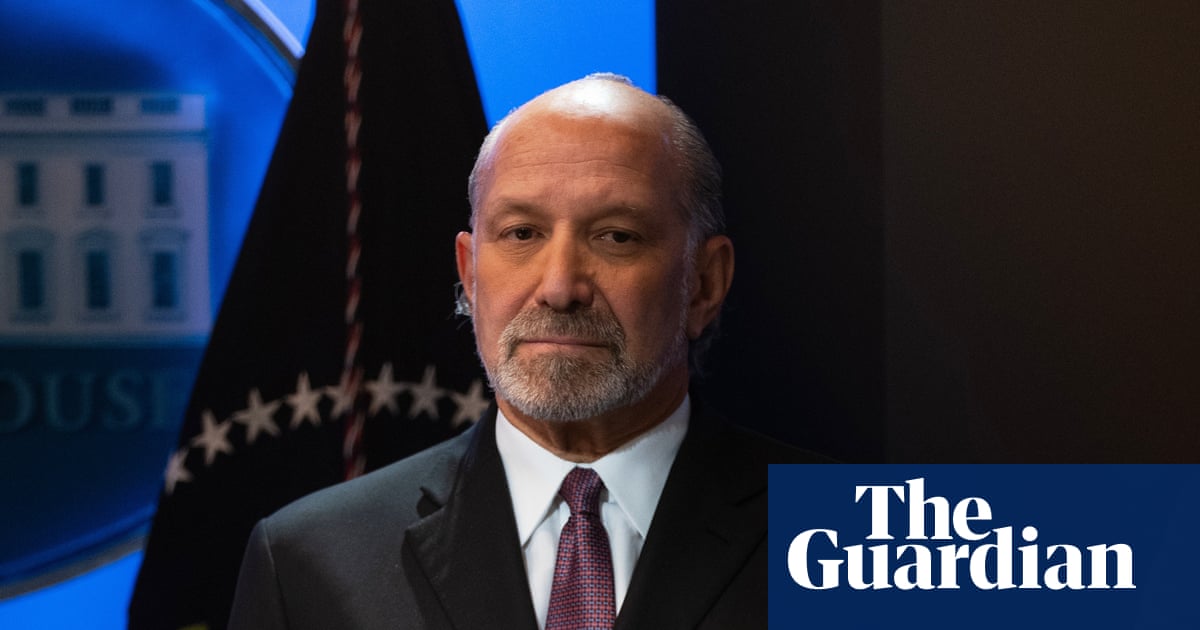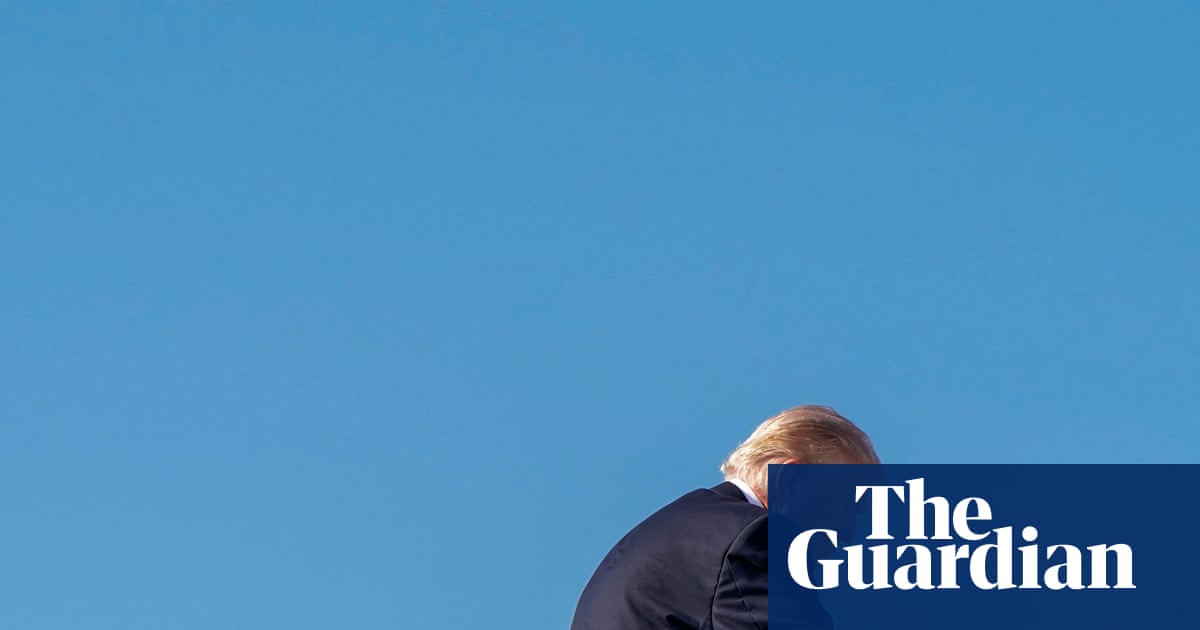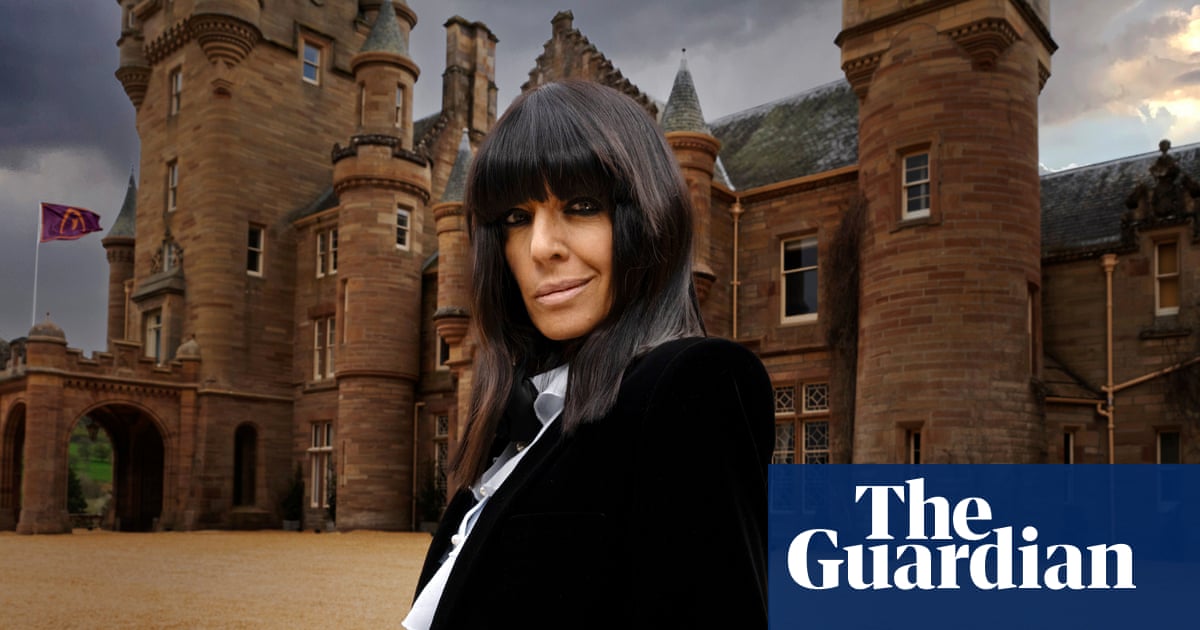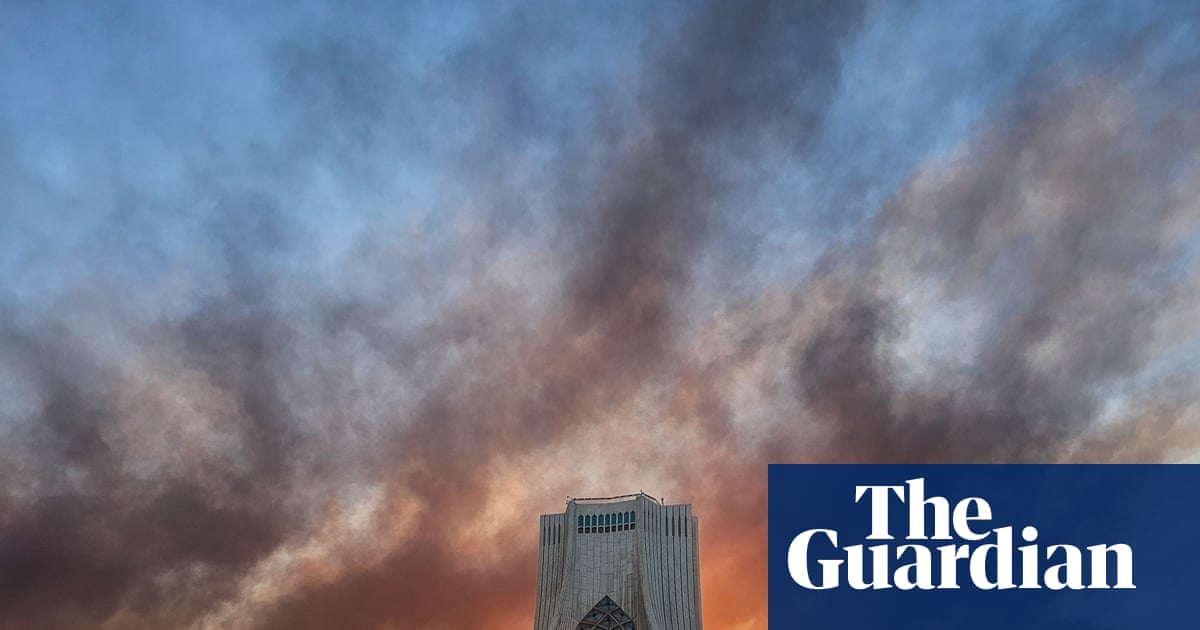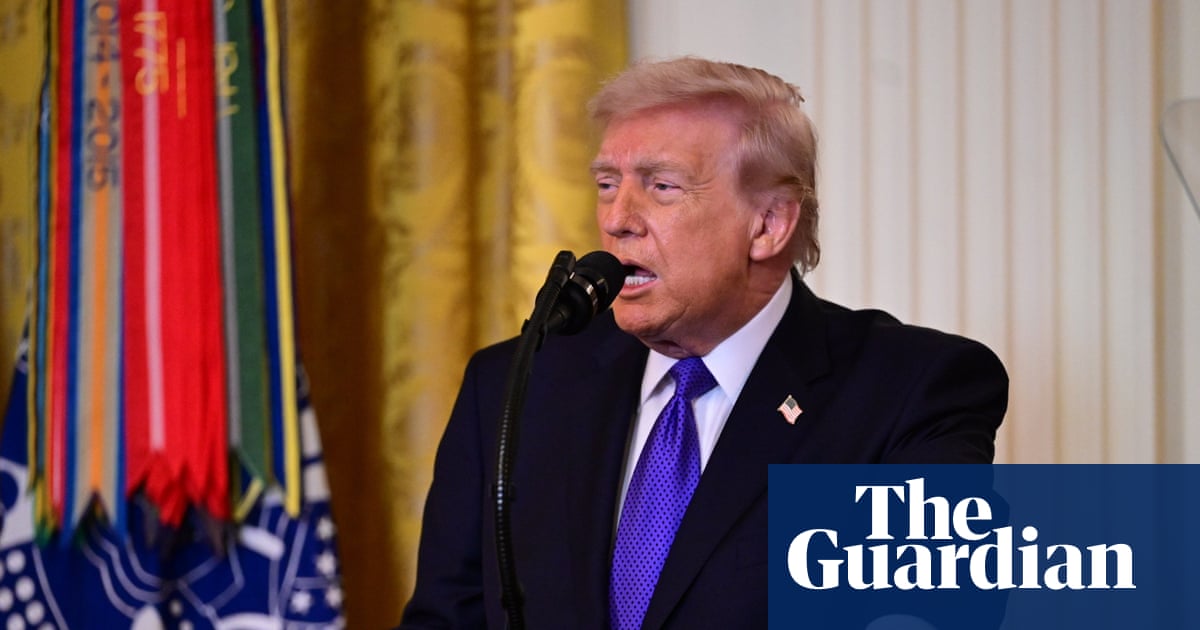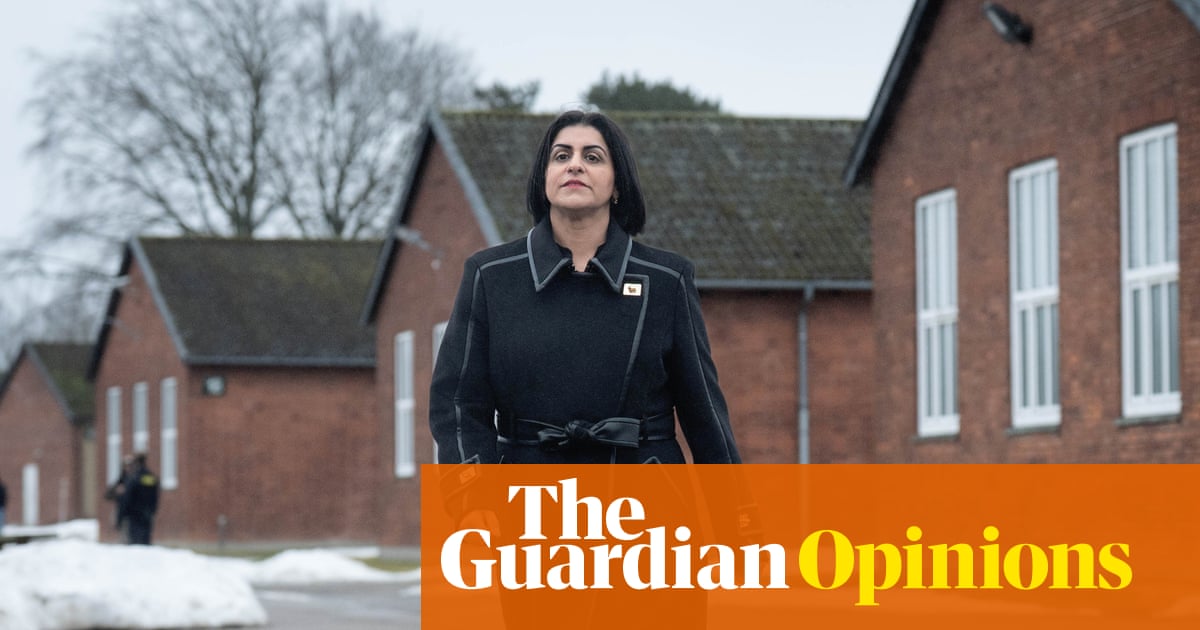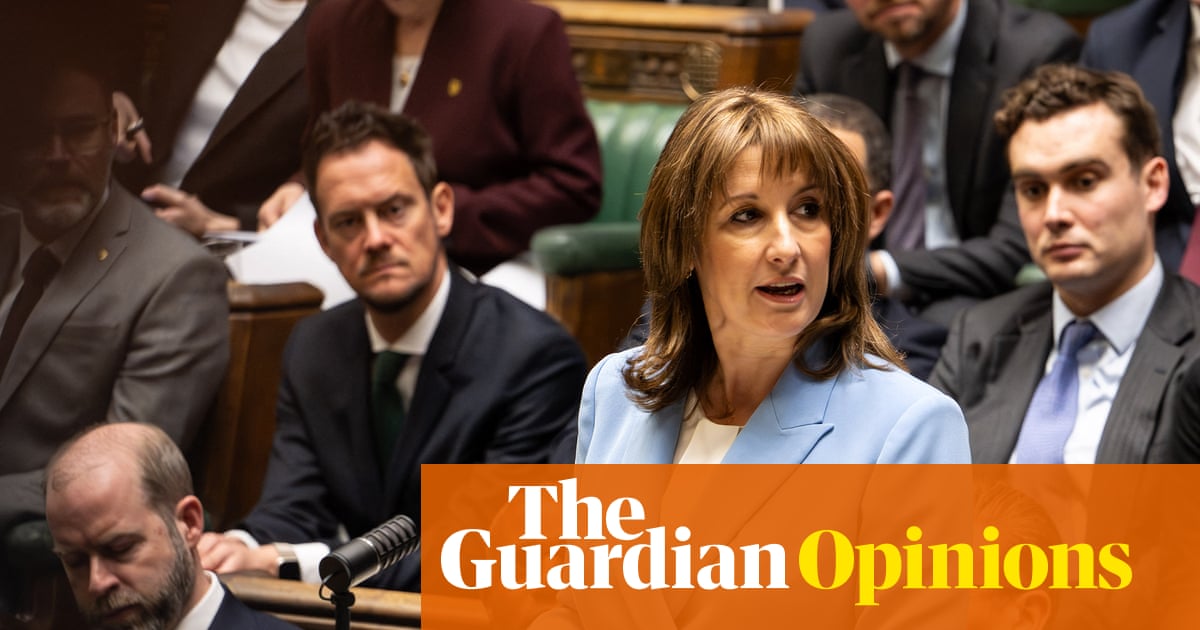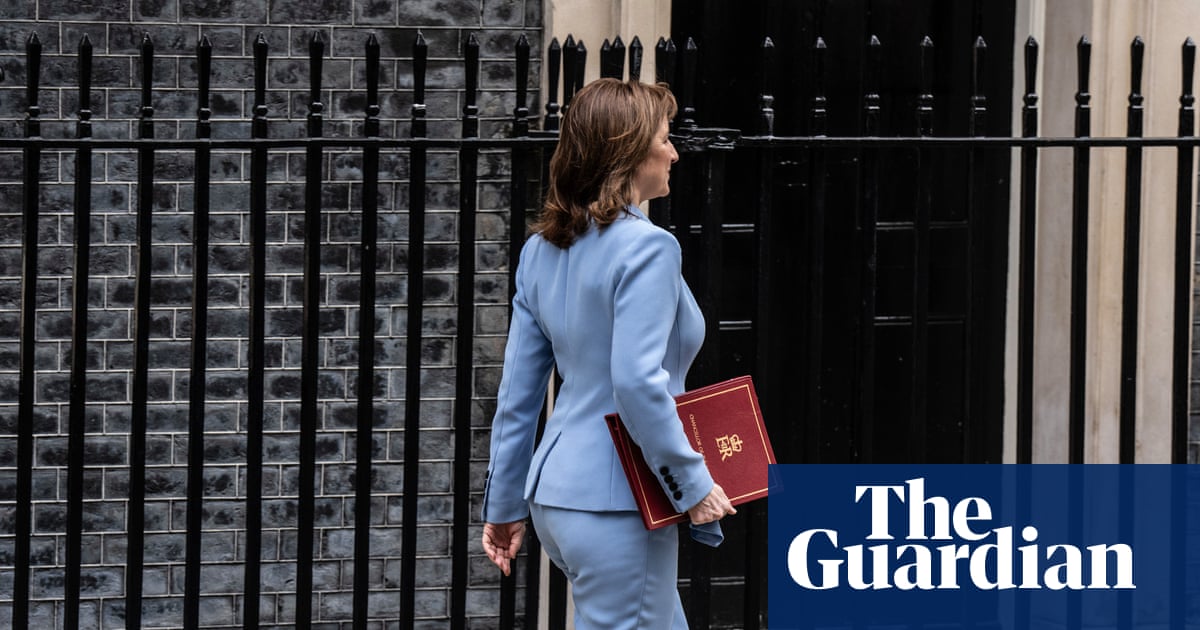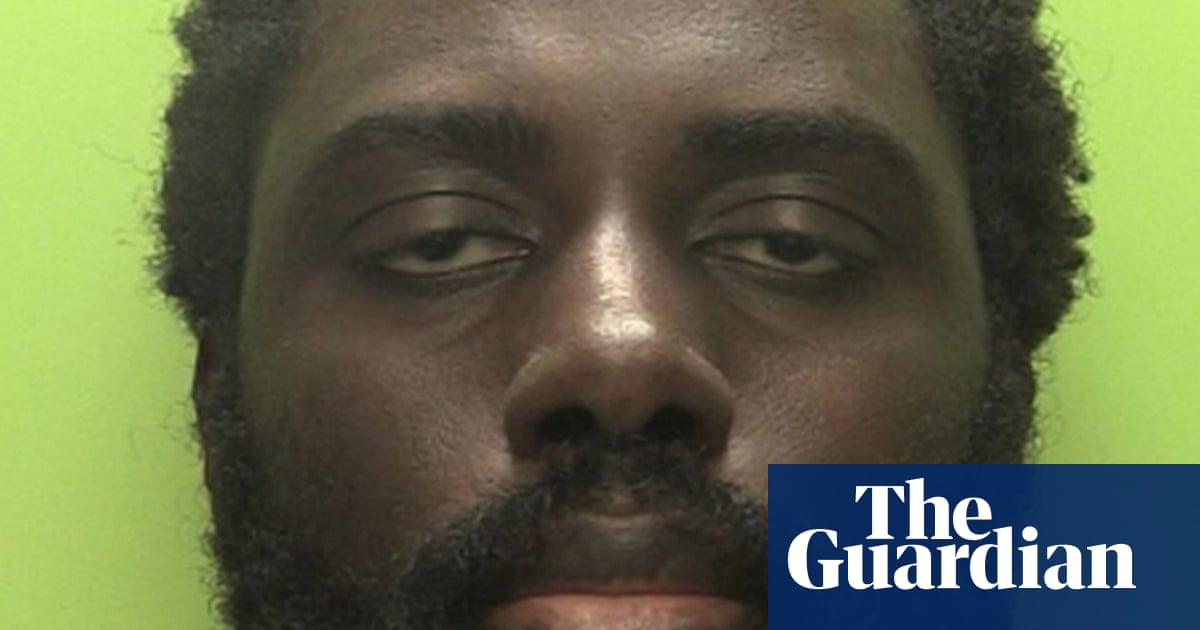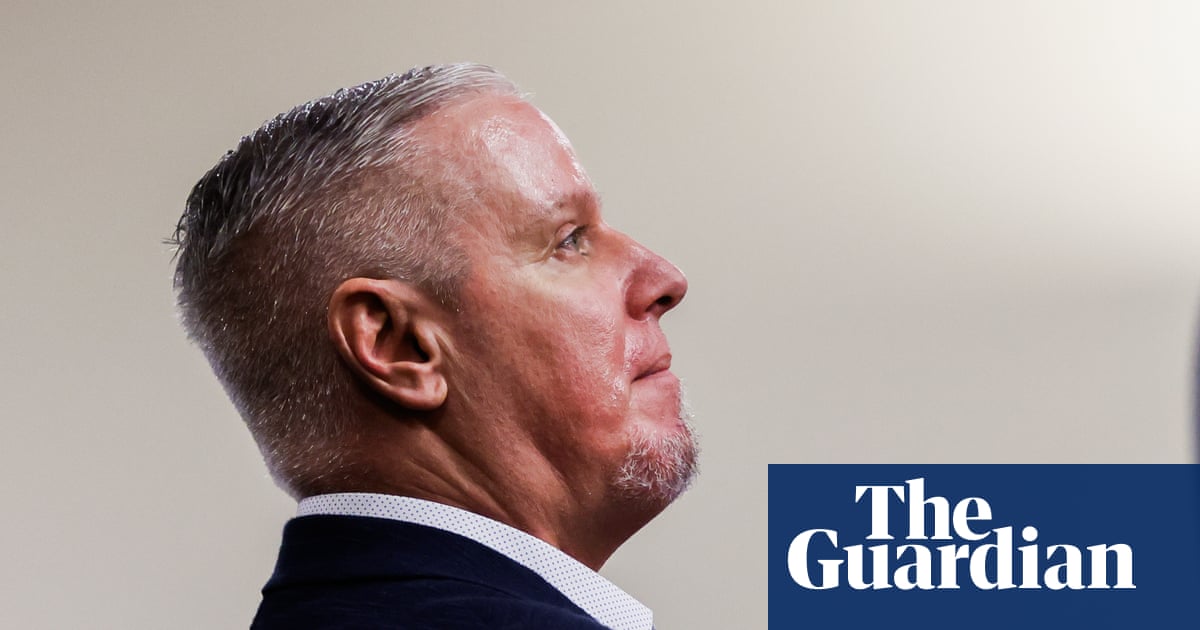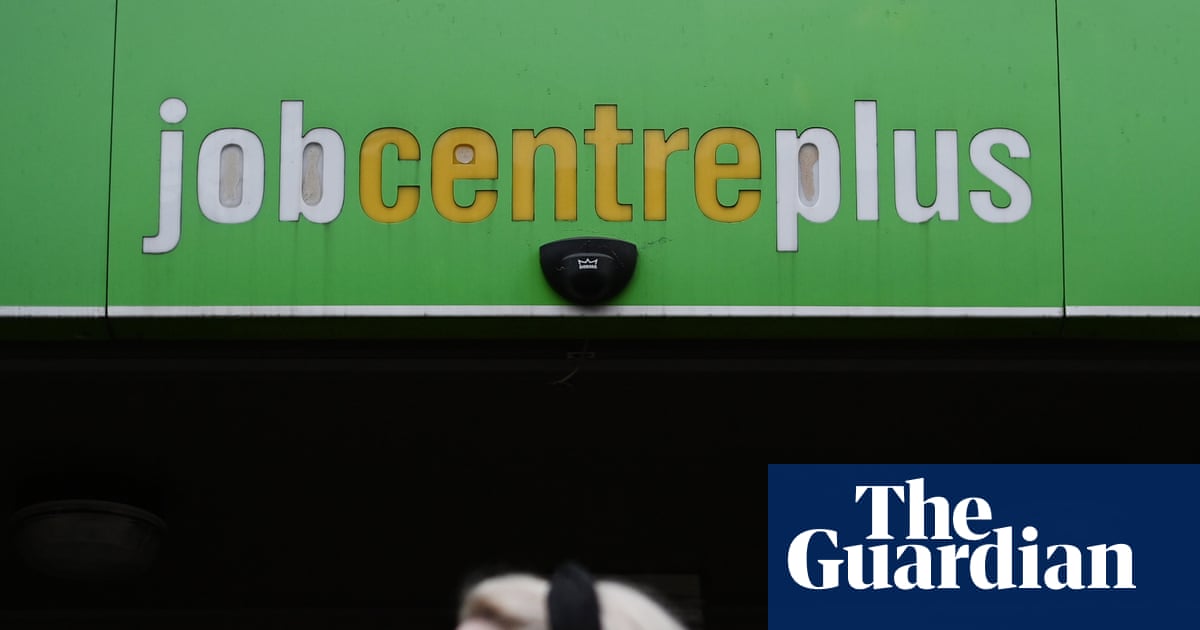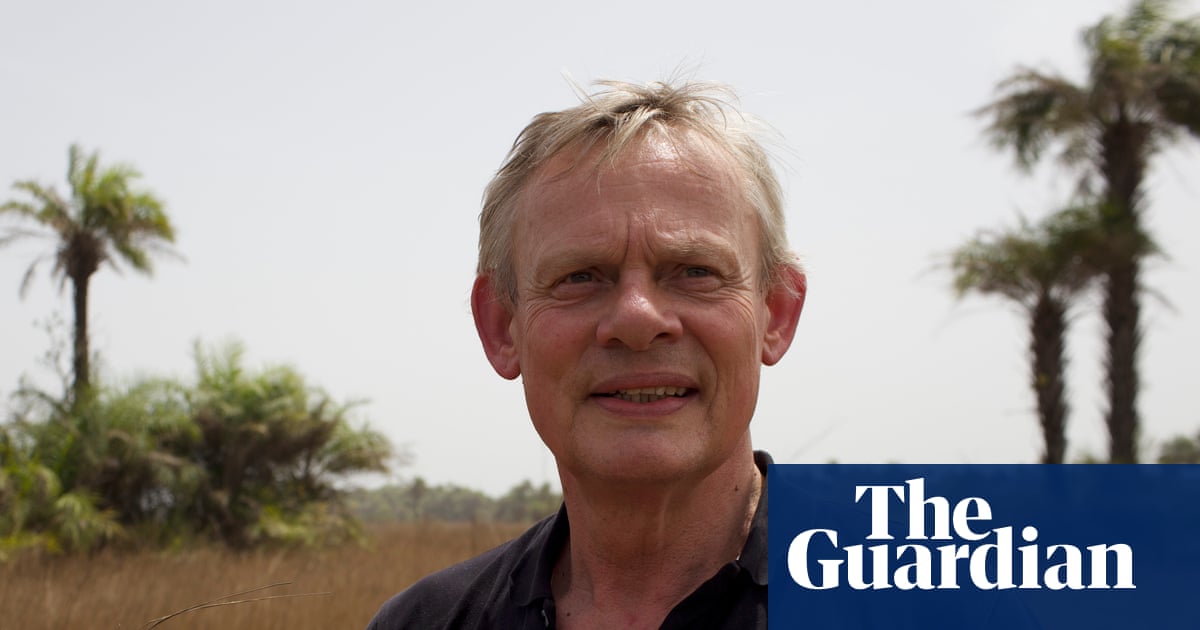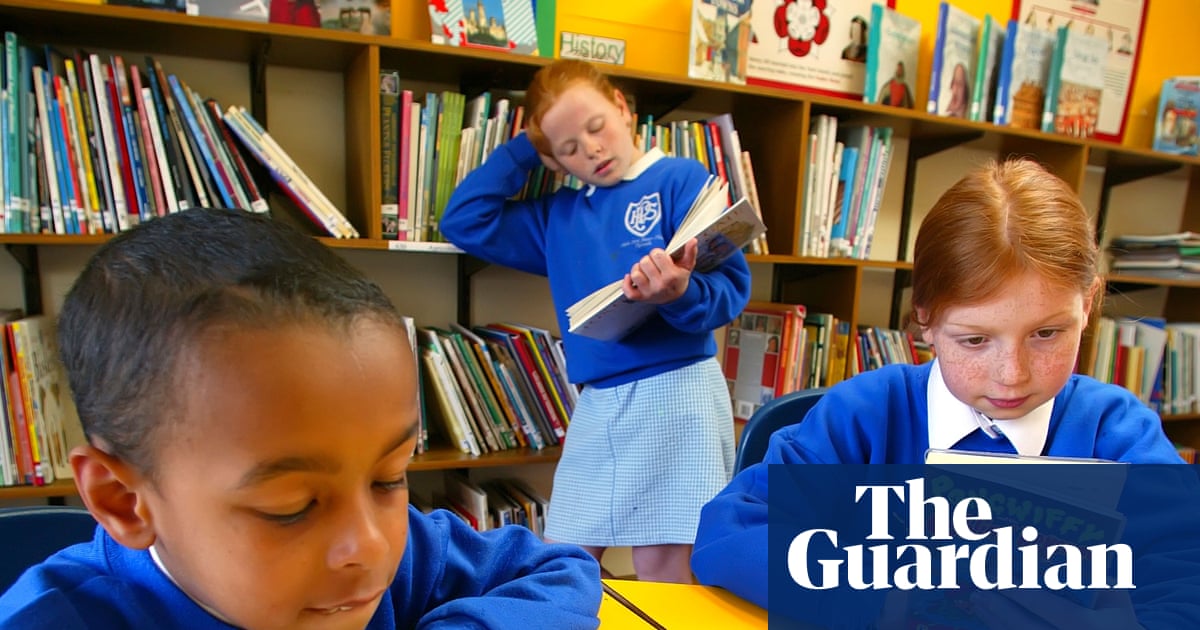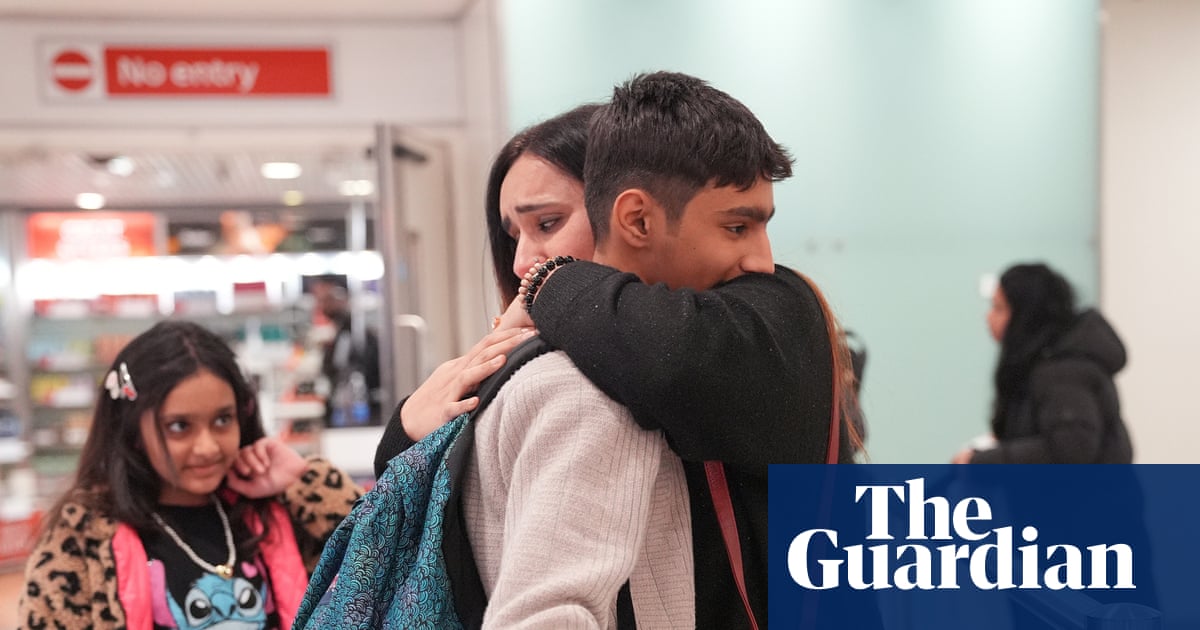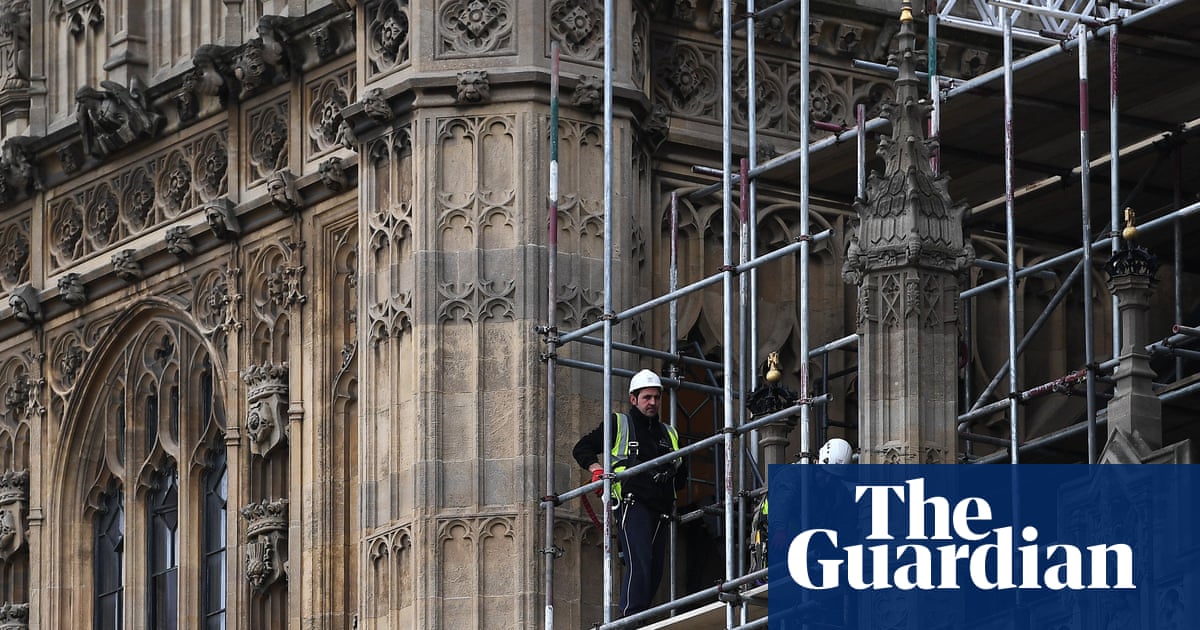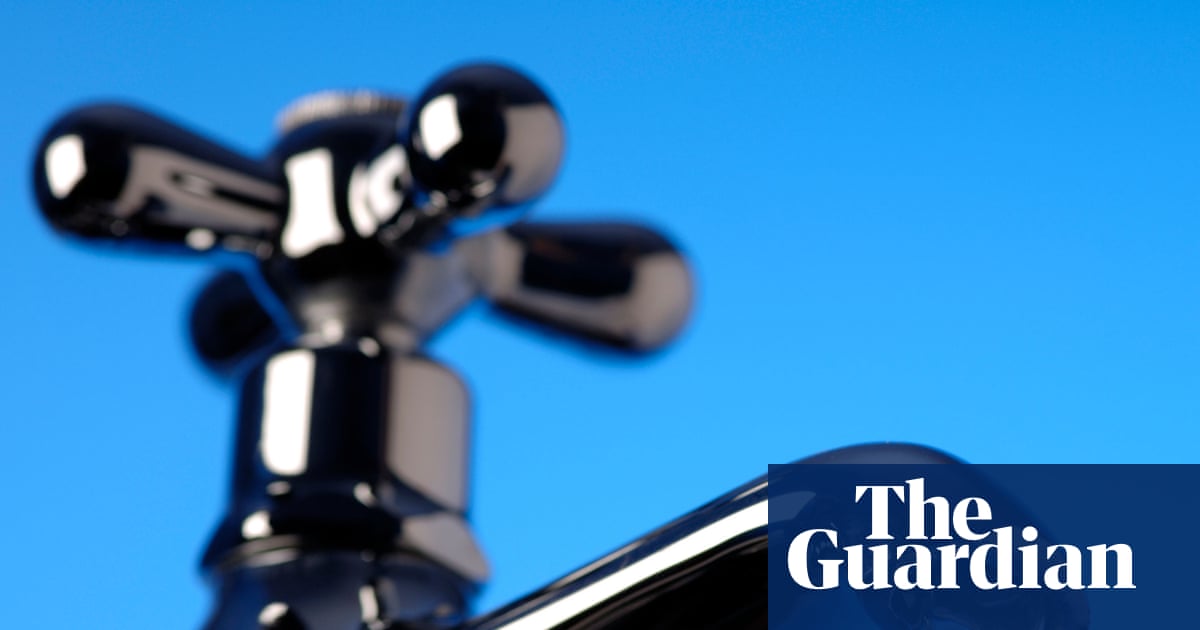The first to publicly commemorate the people who fight wars are always those who send them to die.
So it will be again today, the anniversary of the end of the first world war, when the politicians eulogise the countless people who’ve died horribly on battlefields, the oceans and in the skies.
But for all of the solemn words that will leave the mouths of politicians and military leaders in Australia and elsewhere this Remembrance Day, the undeniable fact remains that the political-military class has drawn no lessons – beyond the strategic and tactical – from the millions who’ve died as combatants and civilians since the Great War ended on this day in 1918.
There is a profound commemorative dissonance between the way our leaders regretfully evoke the “fallen” (time to just call them “the dead”, surely) of past conflicts and their passive political bystander-like responses to the mass war-slaughter of mainly non-combatants elsewhere – not least currently in the Middle East, Africa and eastern Europe.
Here in Australia our pre- and post-federation martial history has involved a metronomic pattern of trailing powerful empires into distant conflicts. And yet Australia still ties itself militarily and strategically to the most unpredictable and erratic United States administration in history through the $368bn Aukus deal. Were Australia ever to receive the material benefit of all that money in the form of actual submarines (doubtful), Aukus would by nature expose Australia and its personnel to increased danger due to greater interoperability with and reliance on the US navy.
At a time when the US is sliding ever more steadily towards autocracy, its democratic institutions steadily eroded by the Trump administration, Australia is shackling itself to a blank-cheque military and diplomatic future of potential US combat entanglement. And it’s the men and women in uniform - and the legions of innocent civilians - who, once again, will pay the highest price.
A bipartisan major-party protection racket of Aukus stifles meaningful internal political debate about the dire implications for Australian sovereignty of automatically being drawn, come what may, into America’s next major conflagration.
About 103,000 Australians have died in various wars, peace-keeping and -making conflicts. This number, however, speaks to just a fraction of the human cost of Australia’s entanglement in the wars of others – a price that we as a nation have never been especially good at parsing.
The most storied of Australian conflicts remains the first world war in which 416,000 Australian men (half of those eligible) enlisted from a population of barely 5 million. Just over 331,000 were deployed; 60,000-plus were killed. The most staggering figure has always seemed to me the 155,000 physically wounded and the countless others who returned psychologically and emotionally damaged.
Drug and alcohol addiction was rife among veterans. Families were often subject to terrible domestic violence.
And yet 107 years after the Great War’s armistice, amid all of that conflict’s bequeathed social impact and division on the fledgling Australian federation, this country still treats too many of its veterans and serving personnel with – as I’ve written before – “perversely shabby contempt”.
Witness the recent royal commission into defence and veteran suicide, the continuing political tardiness in response to it and the appalling treatment of its “key witness”.
Today with a minute’s silence it is apt to respectfully reflect on the plight of those who fight and die in war. But it also seems reasonable to ask if we have come to nationally sentimentalise the horrific battlefield suffering of those who died long ago at the expense of the living – the enduring – veterans whose suffering is too often overlooked.
Remembrance is a conscious act – political, cultural and personal. It involves choices about who and what to commemorate and celebrate, and what to omit.
Australia has, since former prime minister Billy Hughes, tied its national identity tightly to military adventurism (and in the case of Hughes, dually to racial purity). But such national identification comes at the exclusion of so many other important narratives. Among them the contribution of women and migrants, and the country’s precocious democratic advancements including women’s suffrage and workers’ rights. Also overlooked – deliberately forgotten – is federation’s bedrock of racial discrimination and its twin, Indigenous dispossession, whose profound generational legacies reverberate today.
Not least, of course, there are the other wars that have been semi-officially deemed to have little or no official place when it comes to the acknowledgment of national genesis. These are the continental-wide frontier conflicts between British and Australian raised military forces and Aboriginal resistance fighters.
I’ve been writing about this for a long time. But political acknowledgment of the frontier wars and their importance to the establishment of the new white federation (on the stolen lands of the violently dispossessed) pitifully lags behind historical and cultural recognition.
The Australian War Memorial, where so much of today’s political remembrance will play out, has been glacially slow to acknowledge the seminal importance of frontier war to national and military experience.
But then again it is constantly making retrograde choices on what to – and what not to – highlight when it comes to Australian military operations.
No better recent case in point can be found than the memorial’s obfuscation over its prestigious military history writing prize. Judges originally determined that journalist Chris Masters should win for his book on the alleged war crimes of Ben Roberts-Smith – a war hero, his reputation now tarnished after a lengthy defamation trial, who has long been celebrated by the AWM.
Masters was ultimately denied the prize for a book chronicling deeply unpalatable truths about Australian military personnel and war that is starkly at odds with the memorial’s Anzac mythology.
War and politics, truth-telling and commemorative dissonance – they all warrant private contemplation on this Remembrance Day. And that takes longer than a just a minute.
-
Paul Daley is a Guardian Australia columnist

 3 months ago
103
3 months ago
103

